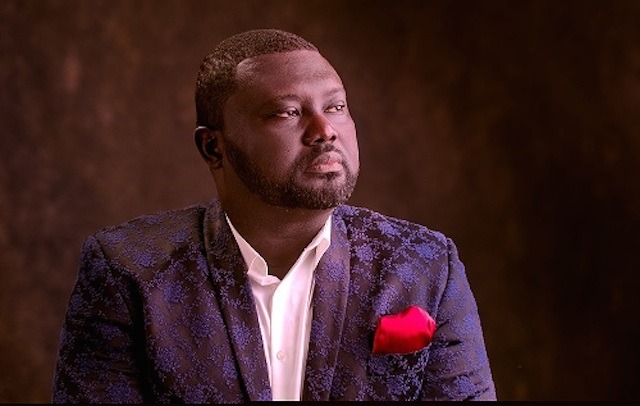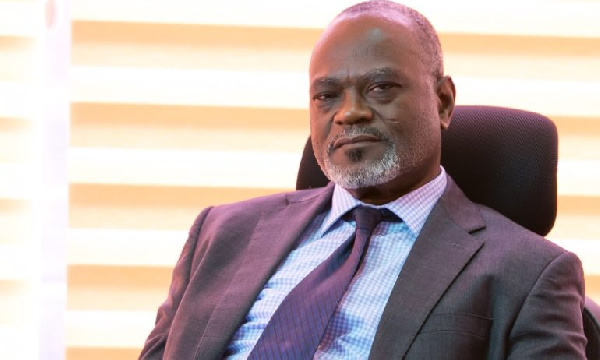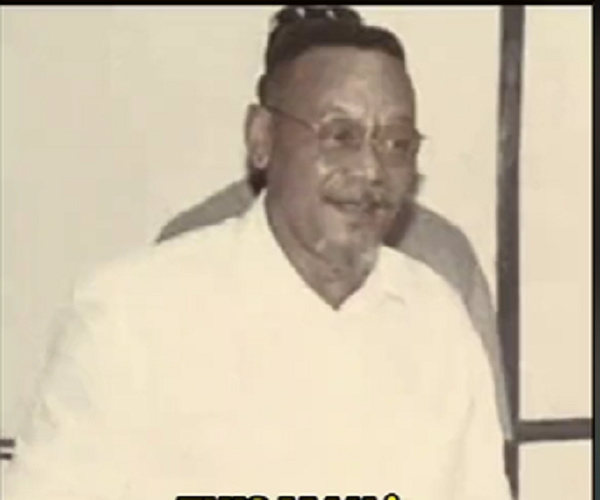
Sri Lanka attacks: Mass funerals held as nation mourns

Sri Lanka has held its first mass funeral as the country marks a day of mourning for the victims of Sunday’s bomb blasts.
The death toll from the attacks on churches and hotels has risen to 310 with about 500 wounded, police said.
The country has observed three minutes of silence and a state of emergency is in effect to prevent further attacks.
Sri Lanka’s government has blamed the blasts on local Islamist group National Thowheed Jamath (NTJ).
Police have now detained 40 suspects in connection with the attack. A spokesman said they included a Syrian who was arrested “after the interrogation of local suspects”. There were no further details.
The mass funeral for about 30 victims took place at St Sebastian church in Negombo, north of Colombo, which was one of the places targeted in Sunday’s blasts.
Another funeral service is scheduled for 15:00 (09:30 GMT) at St Sebastian.
Earlier, a moment of silence was observed at 08:30, reflecting the time the first of six bombs detonated. Flags were lowered to half-mast and people, many of them in tears, bowed their heads in respect.
The state of emergency gives police and the military sweeping powers to detain and interrogate suspects without court orders – powers that were last used during the nation’s civil war.
The government limited access to Facebook, WhatsApp and Instagram after the blasts.
NTJ, the group named by the government as the main suspect, has no history of large-scale attacks but came to prominence last year when it was blamed for damaging Buddhist statues.
However, neither NTJ nor any other group has admitted carrying out Sunday’s bombings.
Were warnings ignored?
Sunday’s attacks have highlighted rifts in Sri Lanka’s leadership, after it emerged that authorities were warned about an imminent threat.
Security agencies had been watching the NTJ jihadist group, reports said, and had notified police about a possible attack.
But Prime Minister Ranil Wickremesinghe and the cabinet were not informed, ministers said.
Cabinet spokesman Rajitha Senaratne said the information was not passed to Mr Wickremesinghe due to a rift between the prime minister and President Maithripala Sirisena.
However, it was not clear on Monday whether Mr Sirisena had been made aware of the warnings.
“Our understanding is that it was correctly circulated among security and police,” Shiral Lakthilaka, a senior adviser to Mr Sirisena, told the BBC.
He said that the president had appointed a special committee led by a supreme court judge to investigate what had happened.
How did the attacks unfold?
The first reports of explosions came at about 08:45 local time on Sunday with six blasts reported within a small space of time.
Police have not yet released a breakdown of how many people were killed and wounded at each location.
All the attacks were carried out by suicide bombers, officials said.
Who were the victims?
Most of those who died were Sri Lankan nationals, including scores of Christians attending Easter Sunday church services.
One of the first victims to be publicly identified was Sri Lankan celebrity chef Shantha Mayadunne and her daughter Nisanga Mayadunne, who had posted a picture of the family having breakfast in the Shangri-La Hotel in Colombo shortly before the deadly blast.
Sri Lanka’s foreign ministry said 31 foreign nationals were among the dead, with another 14 unaccounted for. The death toll includes at least eight British citizens and at least 10 Indian nationals.
Three of Danish billionaire Anders Holch Povlsen’s children were killed in the attack, a family spokesman confirmed to the BBC. Mr Povlsen owns the Bestseller clothing chain and holds a majority stake in clothing giant Asos.
China has issued an advisory to its citizens not to travel to Sri Lanka in the near future and the US State Department has also warned of possible further attacks.
bbc






